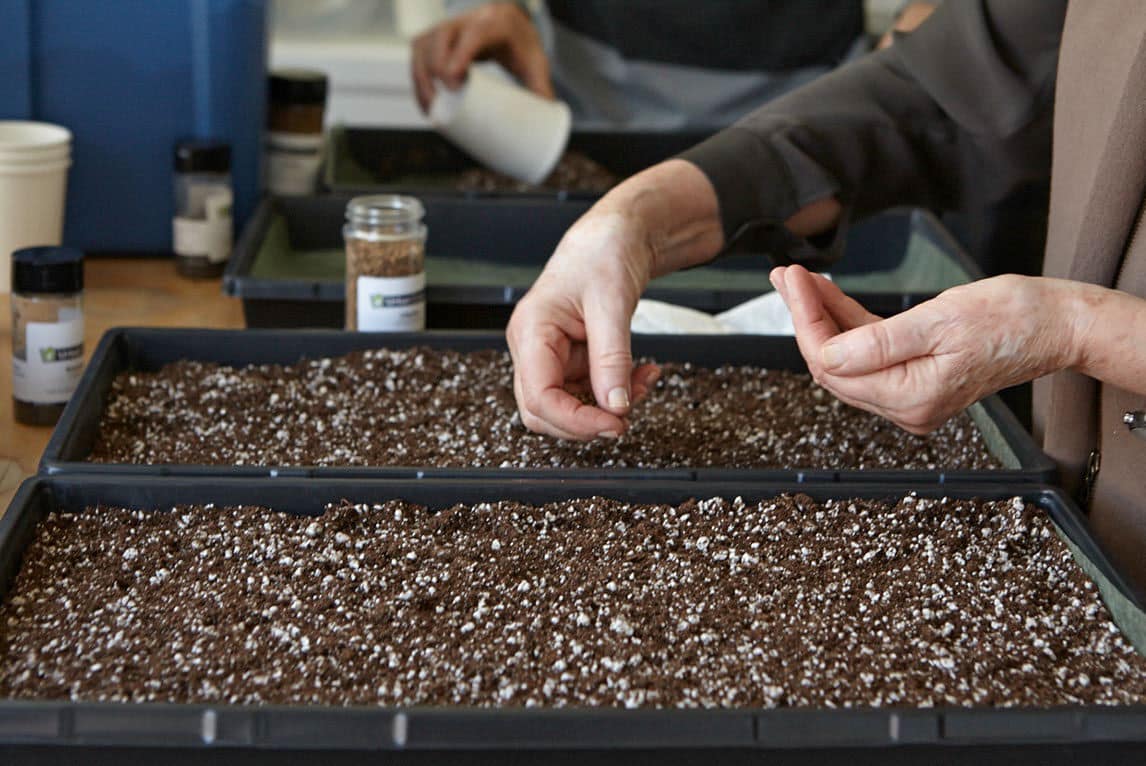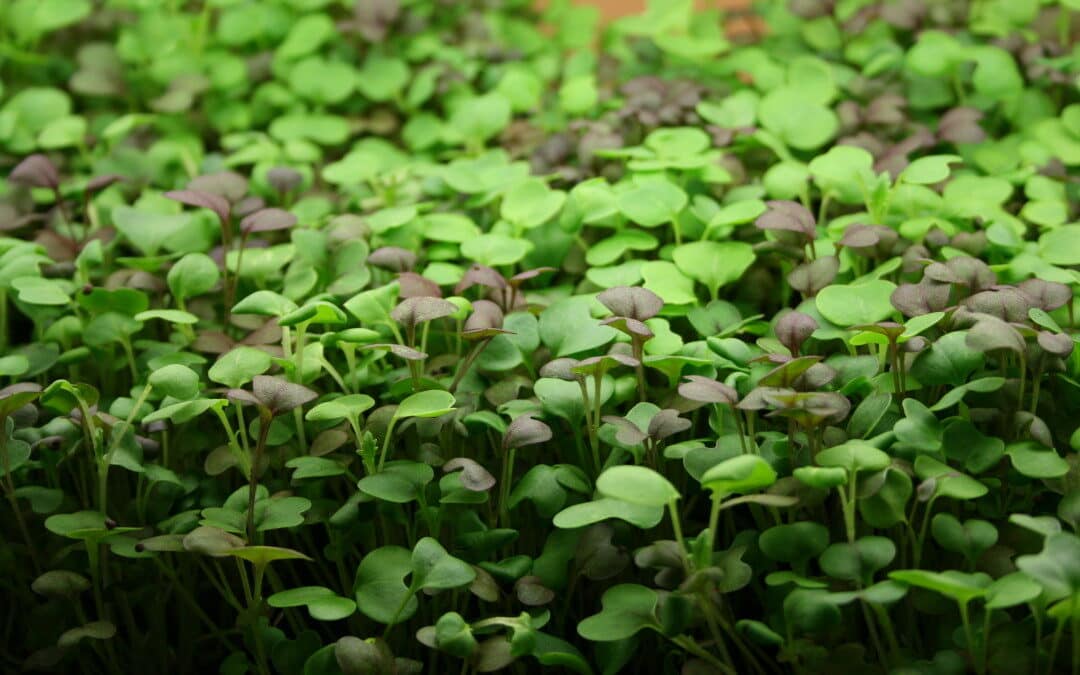
30 Aug The Connection Between Growing Plants and Mental Health
Gardening has proven to be beneficial for one’s mood. Beyond seeing your hard work pay off, studies have shown that horticulture can actually assist with mental health. In fact, gardening has even be prescribed in some situations where patients experience such things as anxiety and depression. Here’s how it works.
1. Soil can act as an antidepressant—really!
It may seem dirty and the smell may not be the bet, but soil has shown to create similar effects on one’s brain as antidepressants. This is due to the fact that soil contains “good” bacteria that’s often found in soil, and this can alter parts of your brain, promoting positive moods.
In particular, the bacteria Mycobacterium vaccae has shown that it can activate neurons that promote the creation of serotonin, a neurotransmitter that regulates mood. So, the more you inhale and have physical contact with this bacteria, the more positive effects you’ll experience.
2. Gardening gives individuals a strong sense of responsibility
Naturally, caring for a living thing will encourage a relationship between you and your plant. It can help you learn to look after and respect other livings, while helping you create a stronger bond with nature.
3. It helps us keep connected with living things
Similar to the previous point, gardening helps you focus your attention on something else other than yourself. Since being too insular can send some people depressive states, gardening can help alleviate that. Being outdoors helps, too. Group gardening is also another option that you can partake in, which will encourage you to meet new people—another factor that can help you feel connected and less alone.
4. Horticulture helps us to be more mindful
Mindfulness is the idea of being present, and focusing one’s attention to experiences that are occurring in this very moment. It’s something that’s kind of lost in this day and age, but research has proven that it can heavily impact your stress levels. Having mindfulness can help prevent anxiety, depression risk, help with insomnia, and boost productivity. Gardening can promote this as it forces you to focus on your senses as you repot plants or tend to one of your favorite succulent; it can be a very restorative experience.
5. It promotes brain health
Gardening has shown to keep our minds active, challenging us with specific brain functions that include problem solving, sensory awareness, and learning. Studies reflect gardening’s many benefits, especially in dementia and Alzheimer’s patients. These benefits include improvement in attention, lowered stress levels, and reduction of pain. Horticulture can also help those with a range of mental health problems, including individuals suffering from PTSD, improving mood and sociability.

Evidently, gardening is a great thing to get into, improving both mind and spirit. The seasons, however, can limit what you can grow, which is where the Urban Cultivator can come in handy.
Not only do you get to experience horticulture all year ’round, but you get to grow your own food, which can be an incredibly rewarding experience. Featuring a wide variety of seeds for you to grow, it’s a great alternative to outdoor gardening.
Do you like to garden? Why or why not? Let us know in the comments section!

